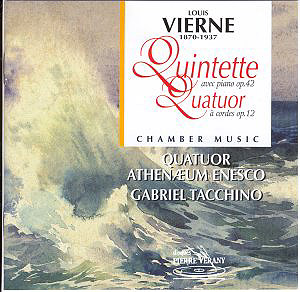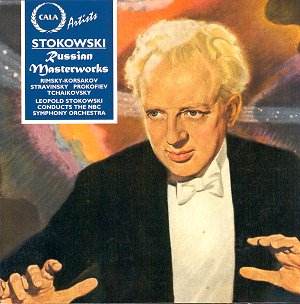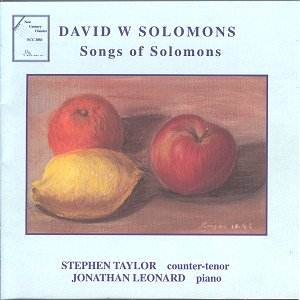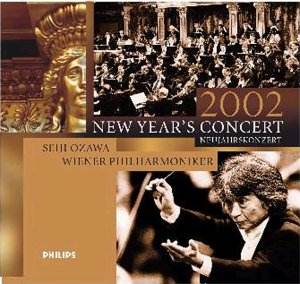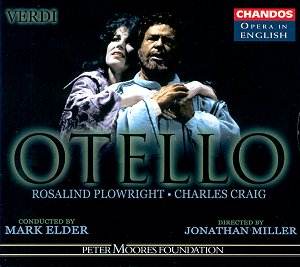 Composer: Giuseppe Verdi
Composer: Giuseppe Verdi
Works: Otello (sung in English)
Performers: Charles Craig (tenor) Otello, Rosalind Plowright (soprano) Desdemona, Neil Howlett (baritone) Iago, Bonaventura Bottone (tenor) Cassio, Stuart Kale (tenor) Rodrigo, Shelagh Squires (mezzo) Emilia, Sean Rea (bass) Lodovico, Malcolm Rivers (baritone) Montano, Gordon Taylor (baritone) Herald, Chorus and Orchestra of English National Opera/Mark Elder
Recording: Recorded at performances in the London Coliseum, January 6th-28th, 1983. [DDD]
Label: Chandos
Verdi’s “Otello,” a monumental achievement in the operatic canon, is steeped in the emotional and psychological complexities of its tragic narrative, derived from Shakespeare’s play. Premiered in 1887, it marked a significant moment in Verdi’s late career, showcasing his profound understanding of human emotion and orchestral color. The English National Opera’s recording of “Otello,” under the baton of Mark Elder, brings a fresh perspective to this classic, utilizing Andrew Porter’s sensitive translation to render the text accessible while preserving its dramatic weight.
Elder’s conducting skillfully balances the opera’s intricate textures and dynamic contrasts, ensuring that the orchestral contribution is both vivid and supportive of the singers. From the outset, the recording captures a remarkable clarity and immediacy, with the opening chord resonating with a foreboding intensity that sets the thematic stage for the unfolding tragedy. The choral contributions are particularly striking, possessing an almost palpable vitality that evokes the atmosphere of live performance in the London Coliseum. Elder’s deft hand is especially evident in his pacing of Acts 3 and 4, where the tension builds inexorably towards the inevitable climax.
Rosalind Plowright’s portrayal of Desdemona is undoubtedly the jewel of this recording. Her voice, a combination of lyrical beauty and dramatic insight, embodies the character’s emotional trajectory with remarkable finesse. Particularly noteworthy is her performance in Act 3, Scene 8, where she navigates the depths of despair with a heartbreaking rendition of the “Ave Maria.” This moment is further enhanced by Elder’s orchestration, which swells in response to Plowright’s poignant delivery, creating a transcendent musical experience. Her interaction with Charles Craig’s Otello, while at times overshadowed by his vocal limitations, remains compelling, especially during the pivotal handkerchief scene in Act 3, Scene 1.
Neil Howlett’s Iago complements Plowright’s Desdemona as a formidable antagonist. His “Credo” resonates with chilling clarity, encapsulating Iago’s malevolent philosophy with precision and depth. The character’s complexity is well articulated, and Howlett’s nuanced interpretation serves as a stark foil to the more emotionally volatile characters. However, despite the strength of the ensemble, Craig’s performance as Otello does not measure up to the standard set by his colleagues. His portrayal lacks the commanding presence that defines the role. When juxtaposed with other notable interpretations, such as Domingo’s magnetic portrayal in the Deutsche Grammophon recording, Craig’s voice appears somewhat underwhelming, particularly in the crucial opening cry of “Esultate!” where Domingo’s power and assurance create an immediate impression of authority.
The technical aspects of the recording merit praise as well, with a clean and well-balanced sound that highlights the orchestra’s intricate interplay with the vocal lines. The engineering captures the nuances of the performance, allowing for an immersive listening experience that conveys the dramatic urgency inherent in Verdi’s score. The English National Opera Orchestra, under Elder’s direction, demonstrates a remarkable ability to navigate the score’s demands, exhibiting a level of artistry that reinforces the high caliber of this production.
This rendition of “Otello” stands as a significant entry in the operatic landscape, offering insights into Verdi’s genius while also showcasing the strengths and weaknesses of its performers. Though Charles Craig’s portrayal may not resonate as strongly as that of his contemporaries, the combined efforts of Plowright and Howlett, along with Elder’s compelling direction, create a compelling interpretation that merits attention. This recording not only complements other esteemed versions but also serves as a testament to the enduring power of Verdi’s music, affirming its place within the opera repertoire. For those seeking a thoughtful, engaging performance of “Otello,” this set is a worthy addition to any collection.
